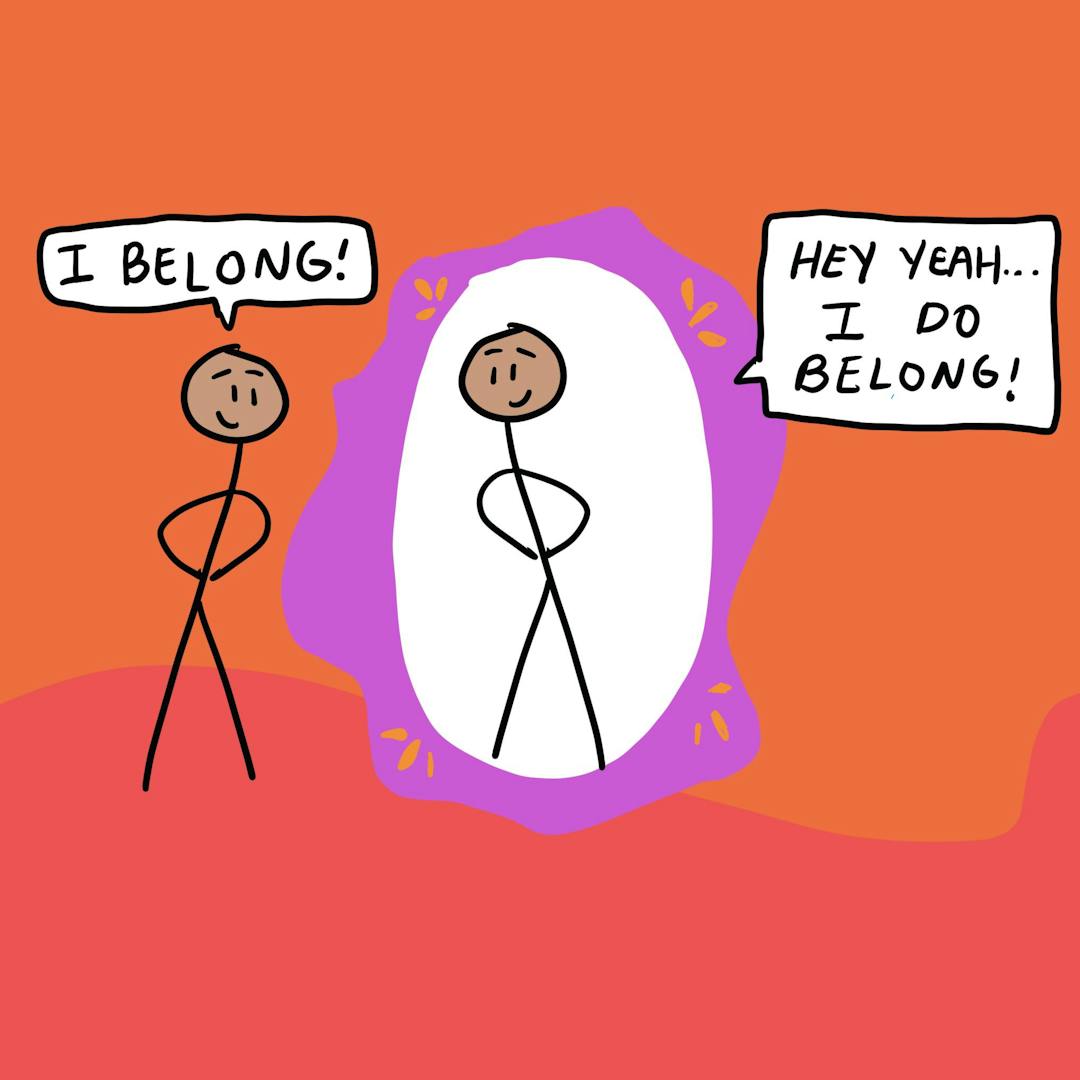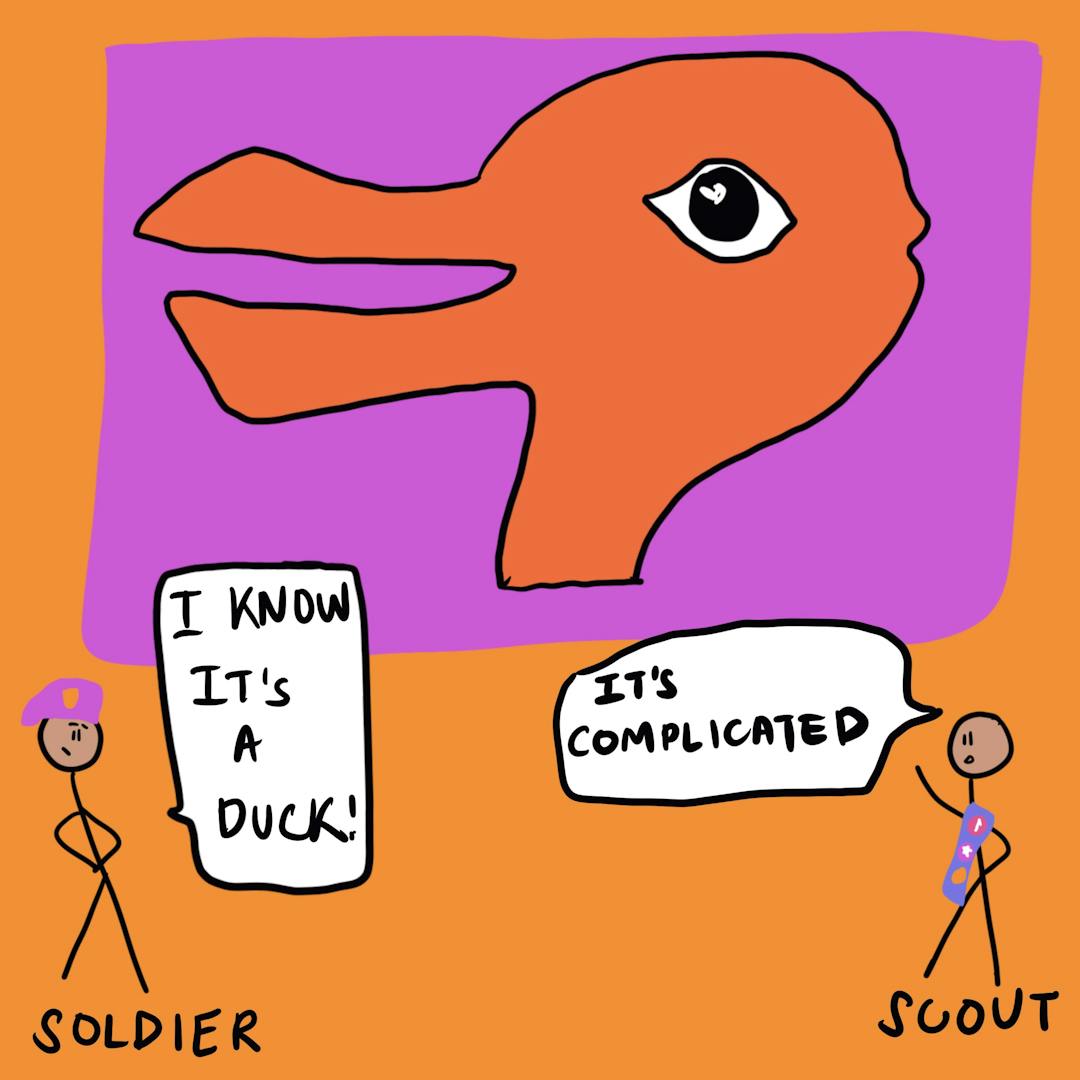The Impact Of Technology On Our Choice Environment: Gianluca Sgueo

Artwork by versusthemachines
Governments are asking people to self-quarantine and to implement these social distancing measures. If we don’t feel a sense of participation in our communities, we are less likely to see those kinds of soft asks actually receiving any traction. The asks have to be clear and there has the be trust. Maybe that’s something that it takes a crisis to notice. Maybe in a day-to-day way, governments aren’t softly asking us to do very much.
Intro
In today’s episode, we are joined by Gianluca Sgueo, associate researcher at the Center for Social Studies (CES) of the University of Coimbra (Portugal), and a New York University Global Professor (Florence). He holds administrative positions at the Sole24Ore Business School (Italy). In the governmental sphere, Professor Sgueo is a policy analyst in the European Parliamentary Research Service. He previously held high-level positions in the Italian government, including Head of Communications and Citizens’ Dialogue. His work examines the effects on democracy of topics such as gamification, civil society groups, and lobbying.





